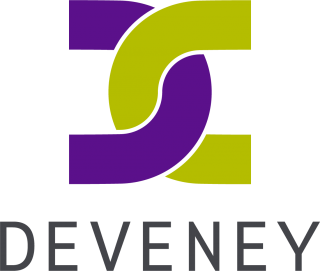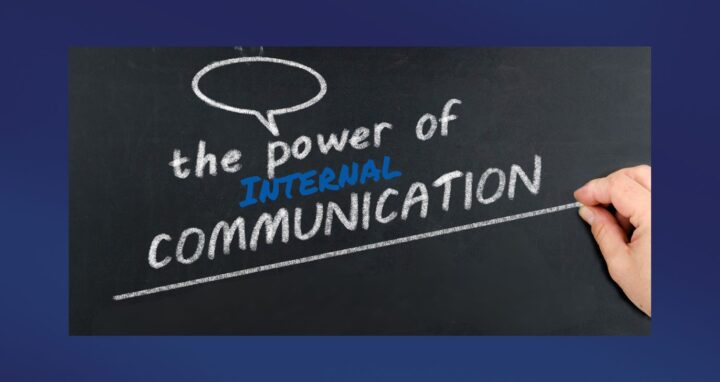This insight post is a summary of the original blog post published by DEVENEY.
Mitigation vs. Crisis Management vs. Reputation Management.
At first glance, you may think these words nearly synonymous. Similar yes, but when you are facing a crisis within your organization the difference is substantial, and you will see that often one can lead to the others—or if managed properly leave your business stronger and neutralize future threats.
Let’s work through an example, using the pandemic as it is fresh on everyone’s mind. You have a long-time employee who refuses to wear a mask while at work (not for any type of physical reason, just does not want to wear one). There is a clear employee policy indicating that all team and customers must follow the state/local-mandated mask ordinance. You have reminded this employee of the policy multiple times and have seen no change in behavior. After a recent discussion about the mask policy, the employee makes derogatory, threatening posts online about you and the organization. The employee recruits and encourages other team members to refuse masks as well, and contacts local media about what they consider to be an overly restrictive policy. A story ran in the local news about the internal strife. Customers start asking if the interior is safe, sales begin to decline, employees are confused, social media posts are running wild, and there is a general lack of morale at your organization. How do you handle this situation?
First, we suggest working with your Human Resources and legal teams before making any decisions, and this is just a fictional example that could happen. Mitigation for this scenario would mean making decisions and policies and taking actions that reduce the damage or likelihood of a negative event at your organization. Mitigation is about doing today everything that you might need to protect your business in the future from a variety of threats.
After discussion with HR/legal, you may opt to fire or discipline the employee for violating company policy(ies). You could decide to relax the mask policy (providing it does not violate city or state requirements) or issue a public statement supporting your mask policy.
In terms of mitigation, how prepared would you be for this? Would your social media policies do what you would want them to do? Your dress policy? Behavior and performance standards? Your media policy?
The crisis management component begins when a triggering event occurs, often when the public is aware of the situation. This situation is a crisis impacting your employees, customers, and brand. No matter what the legal/HR solution is for the scenario in question, you have a crisis to handle both internally and externally. Crisis management is about shortening the life cycle of the crisis. It must manage both the immediate and the long-term implication of the situation.
Since this issue involved social and traditional media, you will want to address it likewise. Use your owned (website) and social media channels to clearly state your position on the issue, why it is important, and what it means for your customers and employees. Then respond to earned media (news outlets) with language and statements consistent with what is on your web and social. While reaching the media is important, it is secondary to your most important audience: your employees. (And media will frequently reach out to your employees, so you want them to prepare with accurate information. Any inconsistency attracts greater scrutiny and suspicion about your organization.)
The team members who carry your brand every day need to be informed of what is happening and how it impacts them. Now is the time to listen to your team, let them ask their questions, and share with them what steps are being made to solve the crisis. An engaged and supported team can do more to help recover from a crisis than any amount of advertising or media placement.
To learn more about the next topic of reputation management, read “Mitigation vs. Crisis Management vs. Reputation Management”
You can also find more insights from Worldcom Partners on Crisis Management and Strategy.
AGENCY PROMO & BIO:
DEVENEY is an internationally renowned engagement agency known for creating and implementing award-winning, strategic marketing solutions. Driven by results, DEVENEY uses research to create campaigns that open the dialogue between brands and their key stakeholders. The agency specializes in three practice areas – LifeCARE (health care, insurance), LifeSTYLE (travel + tourism, hospitality, destination, food + beverage, attractions, etc.) and CRISIS/Reputation Management – and delivers results through advertising, public relations and digital marketing.




